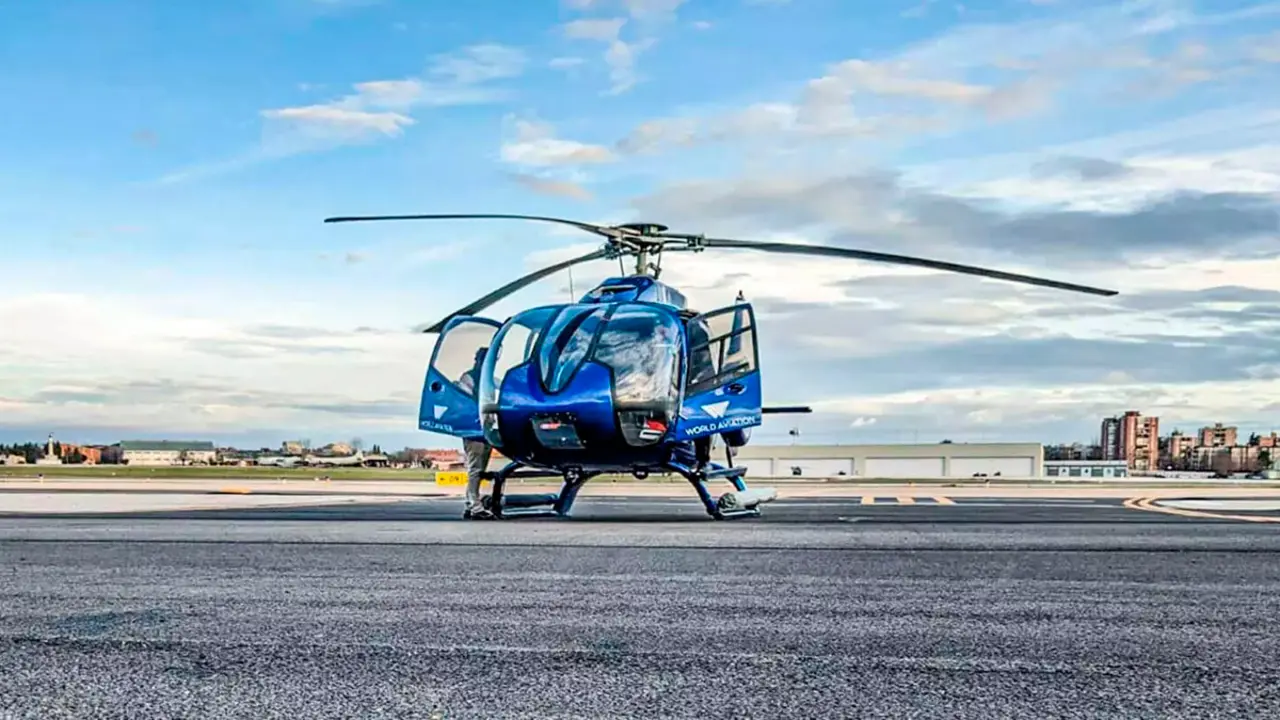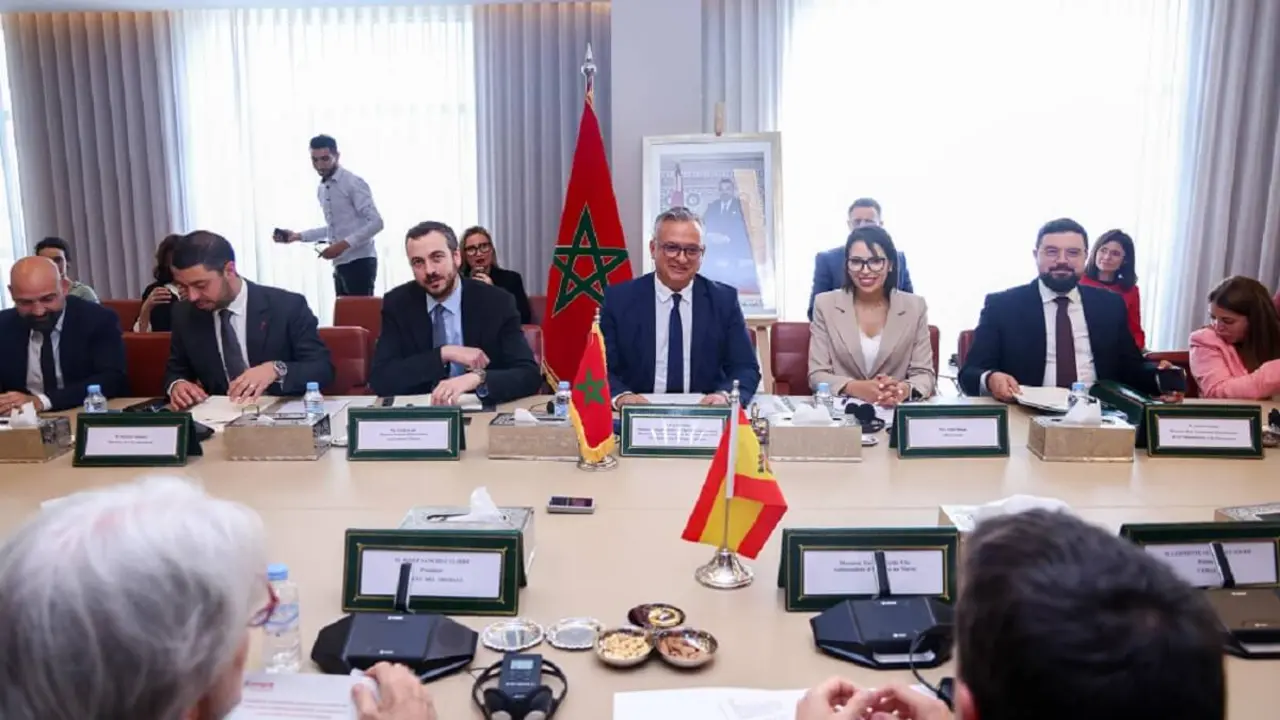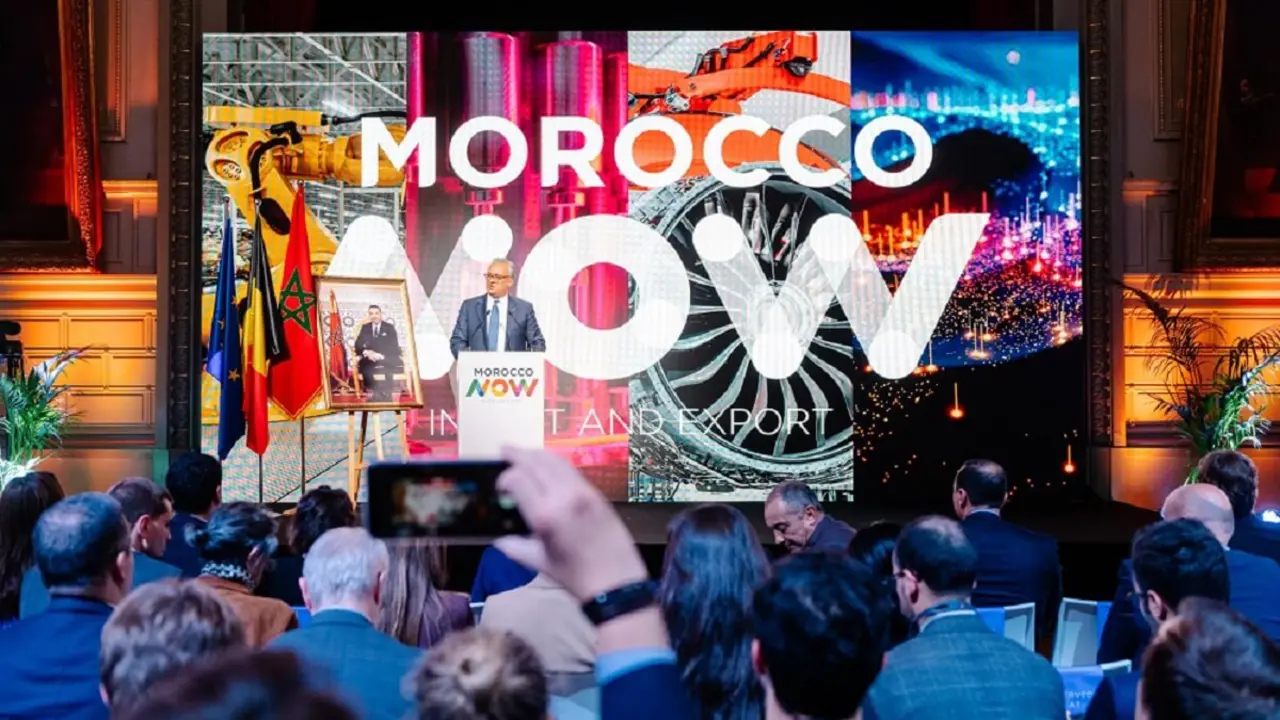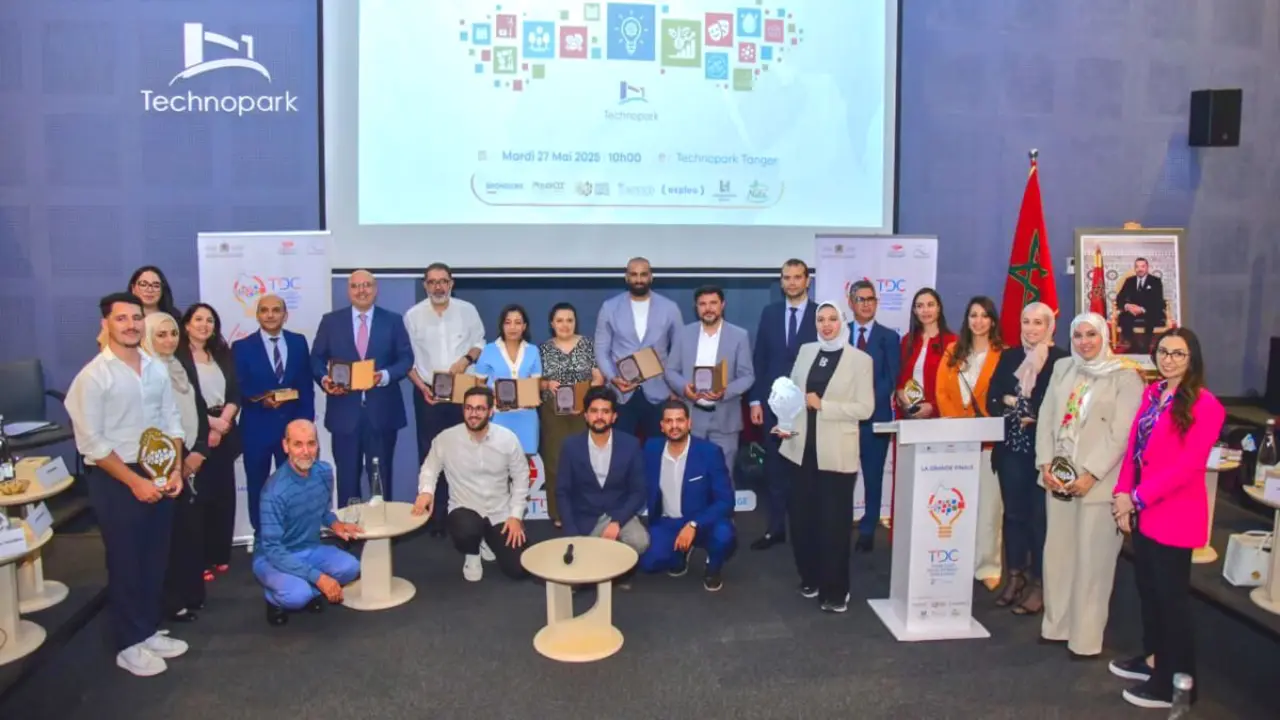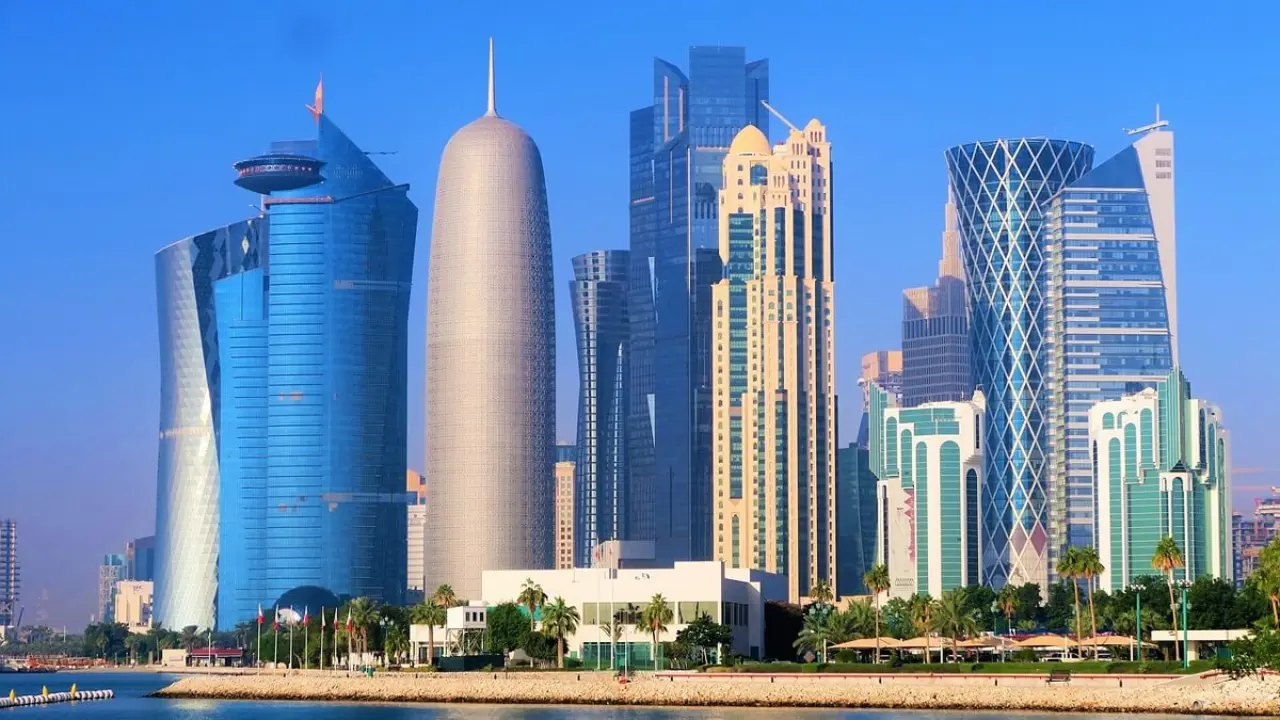Raqqa, without hope
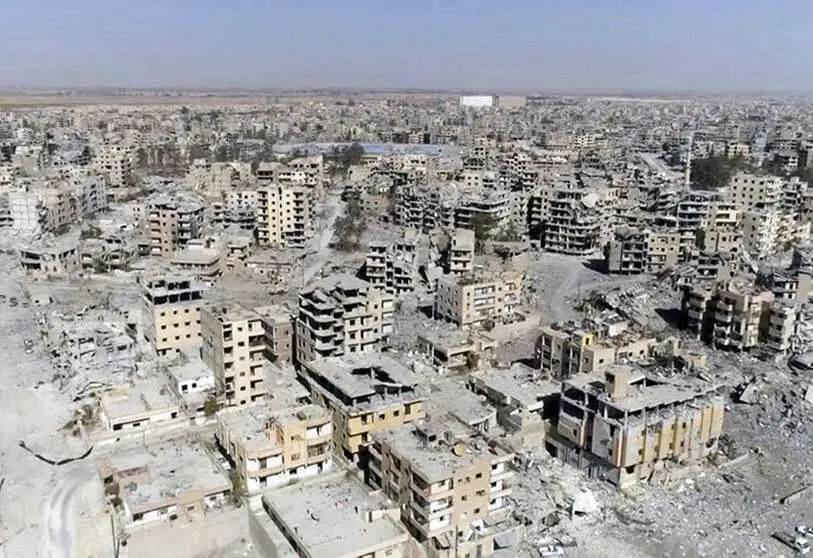
Raqqa, the former 'capital of the Caliphate' where Daesh established its main territorial centre for settlement, is experiencing the biggest economic crisis in its history. Following the liberation of the city by Kurdish militias, Raqqa faces a new horizon in which physical violence seems to fade as the consequences of years of terror perpetrated by Daesh loom over a city ravaged by war and horror.
YPJ and YPG militias defeated Daesh violence and managed to recapture and liberate a city that was gripped by fear and chaos. However, the terrorists have not disappeared and this offensive is compounded by the war's problems related to the economy, work and hunger.
"The economy is the problem. They have ruined the lives of people who were looking for a way to survive, today they have no food, people have been affected by the rising prices of foodstuffs and they can't find work, so there is no stable income," a Syrian citizen told RFI Reports.
On top of this, international sanctions, commodity price hikes, damage to the country's infrastructure and industry, and the social and economic crisis in neighbouring Lebanon are suffocating an economy that is trying to sprout in a barren land.
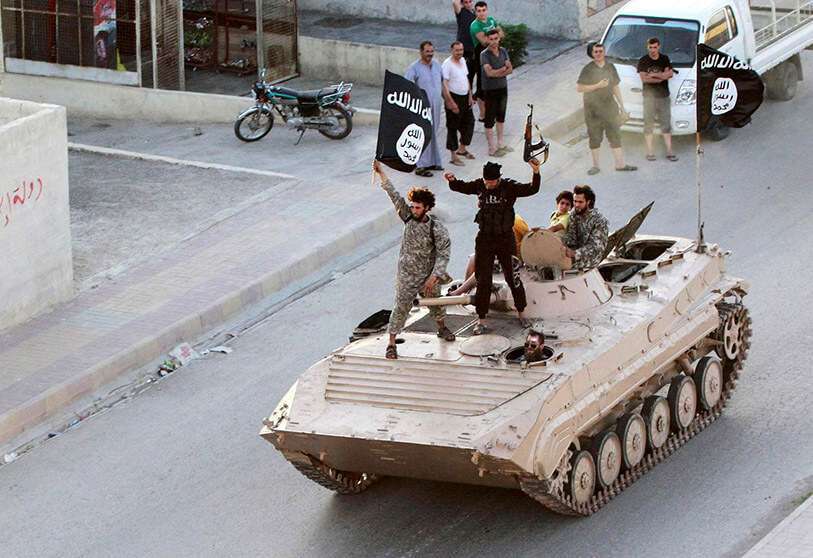
The fall of the Syrian pound has experienced one of the most shocking plummets in the country's history. While in 2011 Syrians were getting one dollar for 48 Syrian pounds, the rate set by Bashar Al-Asad in 2020 was one dollar for 434 pounds. Currently, the minimum wage in Syria is around 47,000 pounds, which corresponds to 100 euros per month. Under this survey, the UN estimates that 83% of the population lives in poverty, on less than 100 euros a month.
According to data provided by the World Food Programme, 12.4 million Syrians are at risk of hunger. In this regard, and according to another statement made to RFI, "International humanitarian organisations have done nothing to help so far".
Funds for the reconstruction of the city are scarce. Residents have access to only a couple of hours of electricity a day and the price of food has risen exponentially to the point where it is virtually unaffordable. In an attempt to alleviate this problem, since February Al-Assad has established a system of subsidies for essential goods through the Sryian Trading Establishment, a government organisation under the Ministry of Internal Trade.
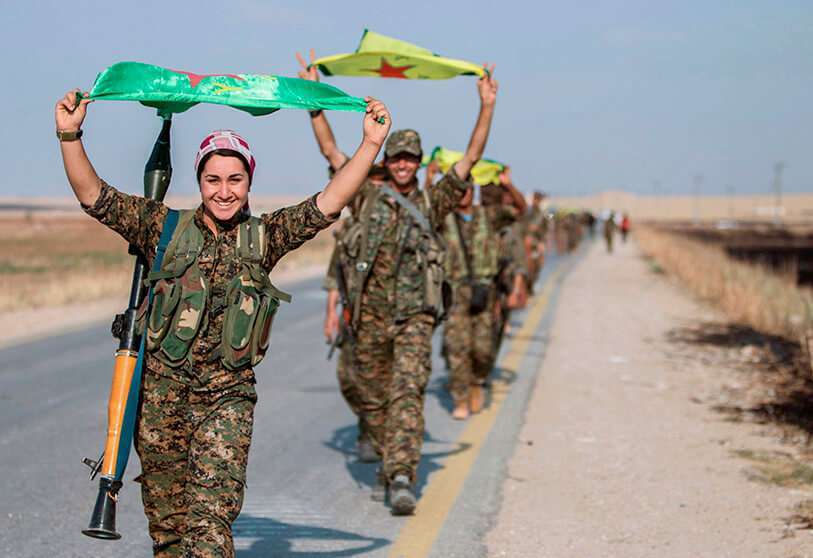
In this regard, families are entitled to a ration card that allows them access to prices subsidised by supermarkets, so they can have access to four kilos of sugar, each kilo at 350 pounds, three kilos of rice for 400 pounds each and two teas per month.
Alongside this, Daesh remains active in the city in order to recruit young people to join its criminal organisation. Moreover, the precarious conditions to which the inhabitants of Raqqa are exposed provide the perfect breeding ground for young people, coupled with scarcity and lack of work, to fall into terrorist networks through their captors.
In this line, the Raqqa Civil Council paid tribute to Omar Alush, a Kurdish activist killed by Daesh who promoted the union between leaders from different sides to lead the administration of Raqqa, once it was liberated from Daesh. After his assassination, Leyla, a Kurdish national, became one of the co-leaders of the Civil Council, which now aims to rebuild the country.
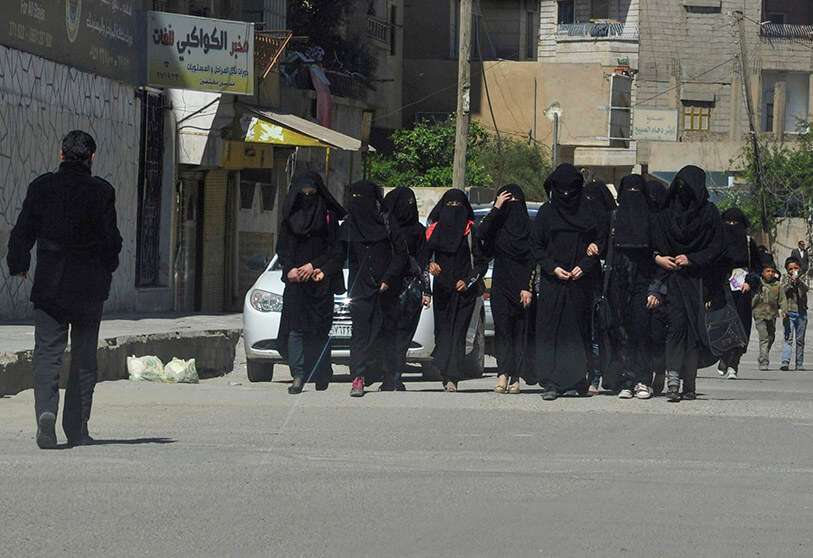
Raqqa is a strategic and key centre for many in Syria, but with inflation, Syrians are facing a big challenge especially in creating small projects to promote people's lives. As Leyla told RFI, "there is still no real investment".
On the other hand, the head of the city's religious institutions stated that "What Daesh left behind was fear in the souls of Raqqa's inhabitants". In this respect, the spectre of the terrorist organisation continues to haunt Syria and its population: "We have been able to stop many people who went to Friday prayers with a mindset of murder or robbery," the director said.
The liberation of Raqqa from Daesh was a decisive blow to terrorism both for its strategic value and its symbolism. However, although the bloody violence seems to have come to an end, the terrorists have not disappeared from the territory.
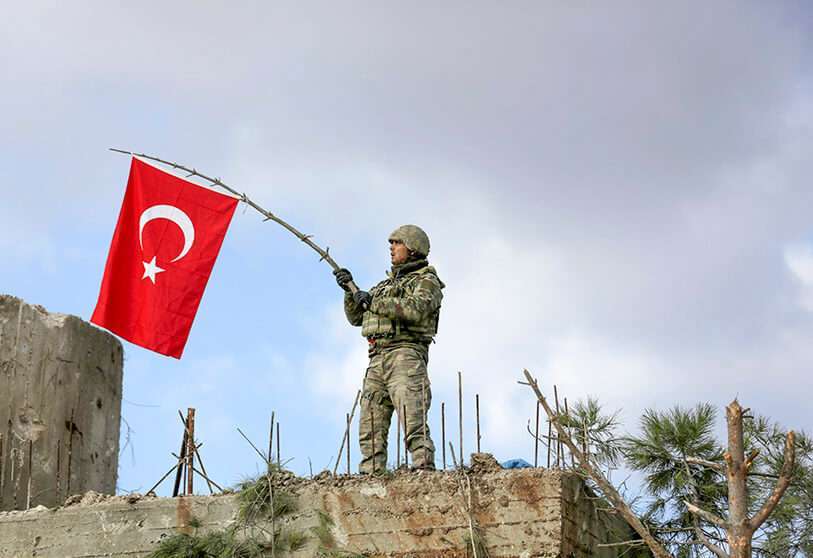
Since 2014, Daesh took over the city and became the main centre for the dissemination of the terrorist group's propaganda messages. The message would be the inevitable triumph of the jihadist Caliphate over a decadent and anti-moral West, in addition to wanting to impose itself over "corrupt and servile Muslim states". A message that would strike a chord with young men and women, not only from Syria, but also from different parts of the world, who would flock to the country to serve in the ranks of Daesh in order to find an "earthly paradise".
Similarly, the terrorists' control of the territory had a serious impact on the youngest children, who have been the most vulnerable and direct victims of both the conflict and terrorism. After the military defeat of Daesh, schools are still not functioning and the lack of opportunities together with the scarcity of education means that many of them begin to enter circles where, in addition to violence, drugs circulate freely.
In the last year, Bashar Al-Assad has regained control of most of the country, but the resolution of the conflict is still a long way off. Moreover, in Raqqa, the incursion of Turkey and its rebel groups created a new insecurity in the region. Areas controlled by Turkey, which had agreements with the US, have been the scene of violations in which, according to Amnesty International, "thousands of civilians were killed or injured in the offensive launched by the US-led coalition to rid Raqqa of Islamic State, whose snipers and mines had turned the city into a death trap".
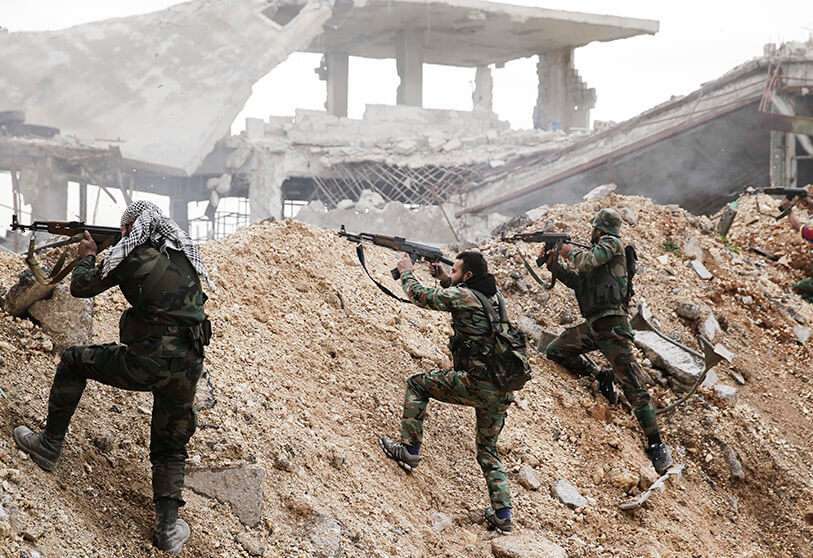
According to the organisation, "many of the aerial bombardments were inaccurate, and tens of thousands of artillery strikes were indiscriminate, so it is not surprising that many hundreds of civilians were killed and injured". Alongside the threat from Daesh, the city's inhabitants find themselves in a situation of extreme vulnerability towards the militias of Turkish and pro-Iranian groups.
In terms of economic policy, pro-government economists blame the crisis on international sanctions imposed against Damascus by the US, including oil embargoes, investment restrictions and a freeze on the assets of the Central Bank of Syria in the European Union.
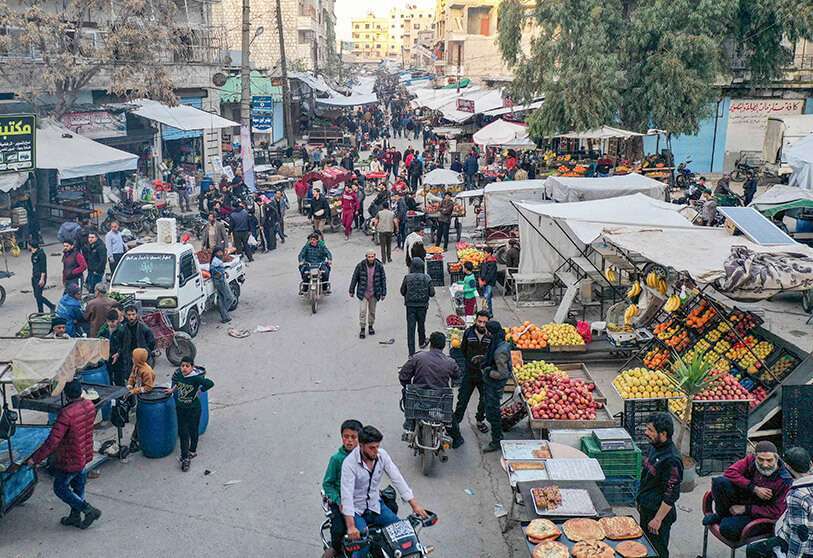
However, young people in Raqqa want to bet on the improvement of the city by showing a different image, beyond the misery and ruins. The voices of Raqqa's women are leading some of these movements because since the military fall of Daesh, they are now freer. "During the period when Daesh was in control, women were marginalised. That's why we have decided to take off our black after 10 years of war. We have taken off the black and dressed in white and other spring colours to make the city look more beautiful," a 25-year-old woman told RFI.
Raqqa is facing a new era that is trying to distance itself from the pain caused by Daesh, although its traces remain latent in Syria. Its defeat has not been synonymous with its disappearance and so its ghost still threatens to emerge. Added to this is the uncertainty of the population, devastated by the economic crisis and the destruction of the city on a horizon that barely seems to be reborn. The only certainty they hold is that the war has not come to an end.

